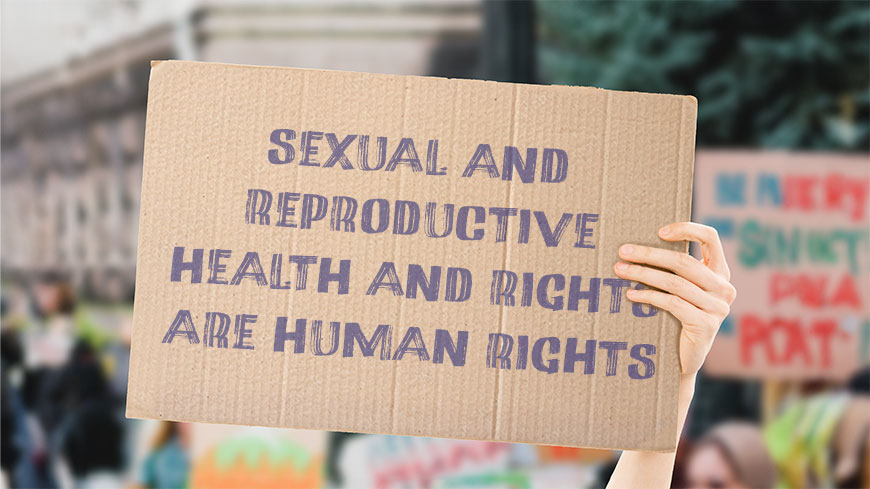
“Charting the progress made towards the full enjoyment of sexual and reproductive health and rights in Europe paints a mixed picture. We can rejoice at notable achievements, but pervasive challenges and deficits as well as new retrogressive developments point to the need for member states to take robust action and remain vigilant and committed”, said today the Council of Europe Commissioner for Human Rights, Dunja Mijatović, while releasing a report on this topic.
The report entitled ‘Sexual and Reproductive Health and Rights in Europe: Progress and Challenges’ takes stock of the important multisectoral steps taken since 2017 that have increased access to contraception and abortion care, improved the quality of obstetric care and advanced the provision of comprehensive sexuality education in schools.
It also outlines the negative trends and setbacks in the sphere of sexual and reproductive health and rights and points to the retrogression that has taken place in a few states. It shows how multiple and intersectional discrimination continues to impede the full realisation of sexual and reproductive health and rights of marginalised groups and addresses the considerable challenges human rights defenders working to advance sexual and reproductive health and rights still face in parts of the region.
For each area of concern addressed, the report presents developments in international human rights standards and public health guidelines. It also highlights the COVID-19 pandemic, the full-scale invasion of Ukraine by the Russian Federation since 2022 and the related cost-of-living crisis as important factors that impacted the developments in the field of sexual and reproductive health and rights.
“Universal access to quality sexual and reproductive health care and the ability to exercise sexual and reproductive autonomy and decision making are integral components of human rights and gender equality”, said the Commissioner while stressing that European states have international human rights obligations to respect, protect and fulfil these rights.
In this framework, the Commissioner presents a series of recommendations, setting out a roadmap aimed at assisting states in ensuring the realisation of sexual and reproductive health and rights in Europe, in compliance with international human rights law and standards.
These include:
- Guaranteeing the provision of comprehensive sexuality education;
- Ensuring availability and accessibility of affordable contraceptive services and evidence-based information on contraception;
- Eliminating remaining barriers and restrictions to guarantee access to quality abortion care including evidence-based information on abortion;
- Ensuring dignified and respectful gynaecological and obstetric care, free from discrimination and violence;
- Establishing effective measures to tackle intersecting forms of discrimination that limit the equal enjoyment of sexual and reproductive health and rights, in particular for women and girls with disabilities, Roma women and girls, older women, refugees, asylum seeking and migrant women, LGBTI people and sex workers;
- Preventing retrogression in the protection of sexual and reproductive health and rights and enabling the work of human rights defenders acting to advance sexual and reproductive health and rights.
The recommendations complement those from the 2017 Issue Paper on ‘Women’s sexual and reproductive health and rights in Europe’ that this report is following-up on.
No comments:
Post a Comment